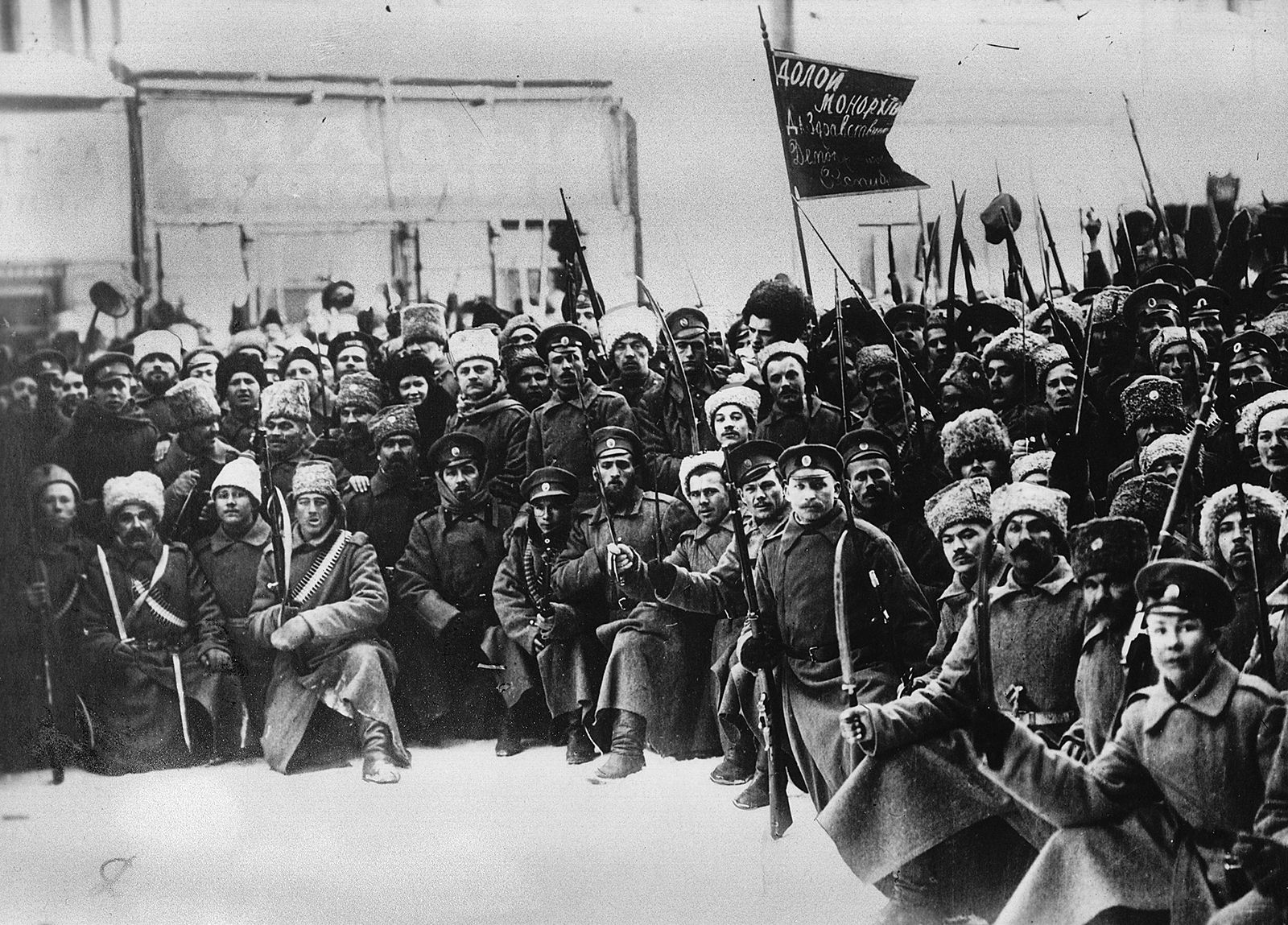The first period of Soviet history, which runs from the end of 1917 to the end of 1920, is usually called the period of war communism, or military communism. The term implies that the main features of the period were deter- mined by military events; civil war raged, and foreign powers intervened on Russian soil.
But the term is also somewhat misleading. This was a period of militant as well as military communism, symbolized early in 1918 by the change of the parry’s name from Bolshevik to the Russian Communist party. The capital was shifted from Petrograd, with its exposed location on the western fringe of Russia, to the greater security of Moscow. And a newspaper, The Communist began publication. The Bolsheviks firmly believed that world revolution was about to begin, prob- ably first in Germany, then spreading to Britain and ultimately to the United States. This view led the Bolsheviks to hasten the construction of a socialist state in Russia.
By 1920 the state had taken over all enterprises employing more than ten workers. Labor was compulsory and strikes were outlawed. The state organized a system of barter, which replaced the free market. Internal trade was illegal; only the government food commissary could buy and sell. Money disappeared as the state took over distribution as well as production. It expropriated the banks and in effect wiped out savings. Church and state were separated by decree, and judges were removed from office and replaced by appointees of the local soviets. Nine opposition political parties were liquidated (among them the Kadets) or persecuted (the SRs and Mensheviks).
The government subjected the peasantry to ever more severe requisitioning. It mobilized the poorer peas- ants against those who were better off (called kulaks, from the word meaning “fist”). By calling for a union of the hungry against the better fed, the regime deliberately sowed class hatred in the villages and stimulated civil war in the countryside. A decree forming a secret police, the Cheka (from the initials of the words meaning “extraordinary commission”), was issued in December 1917, and terror became a weapon in the civil war.
Before the communist government could function at all, peace was necessary, as the army had virtually ceased to exist. Negotiations between the Russians and the Germans and Austro-Hungarians at Brest-Litovsk dragged on into 1918. Finally, on March 3, 1918, the Russians signed the Peace of Brest-Litovsk, which deprived them of the entire Ukraine, the Baltic provinces, Finland, and some Caucasian lands, undoing three centuries of Russian territorial expansion.
The treaty cost Russia a third of its population, 80 percent of its iron, and 90 percent of its coal. Many communists resigned rather than accept the peace, and the left SRs quit the government. The Germans overran the Ukraine and the Crimea and installed a highly authoritarian regime. The Whites, with German help, put down the Reds in Finland.

